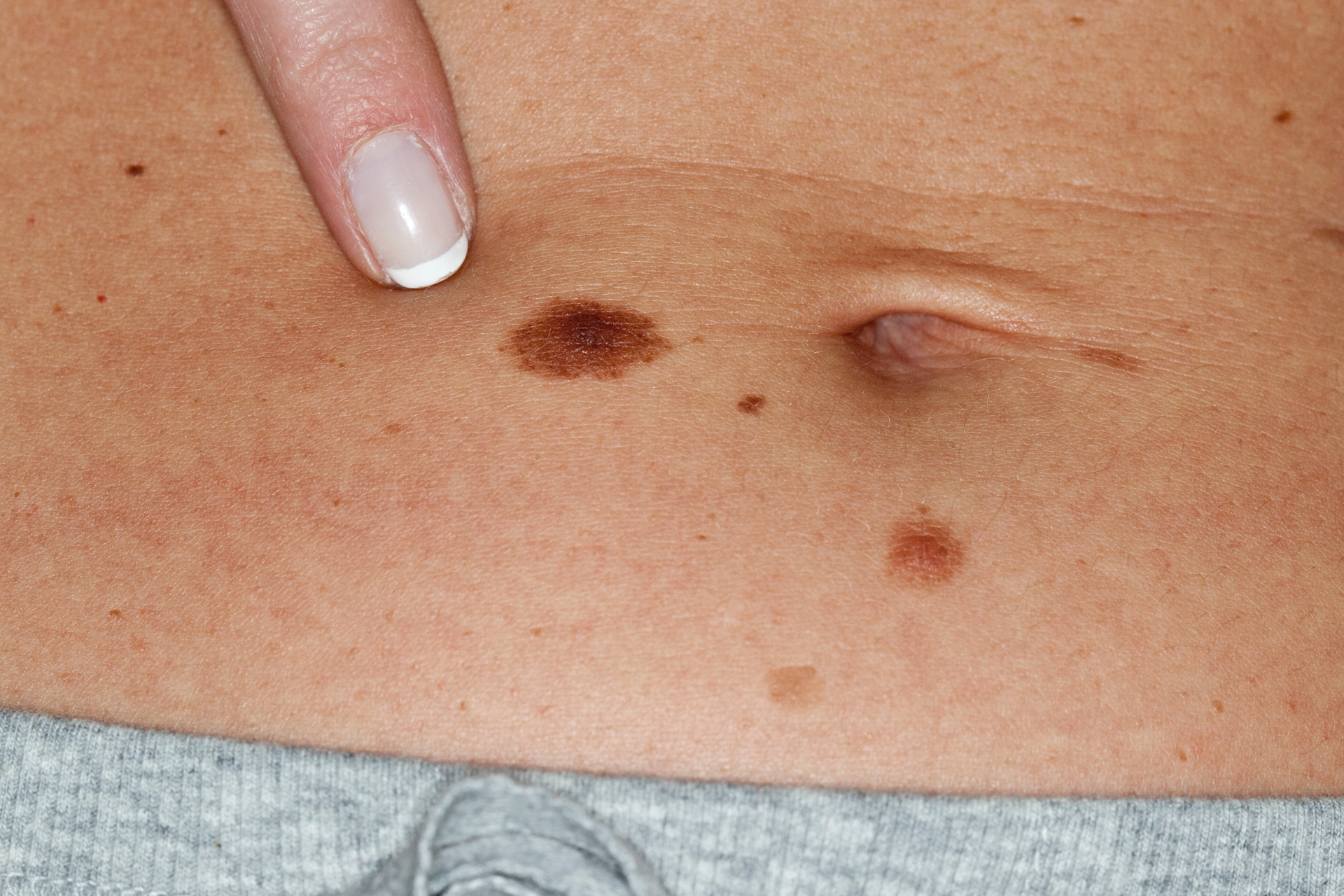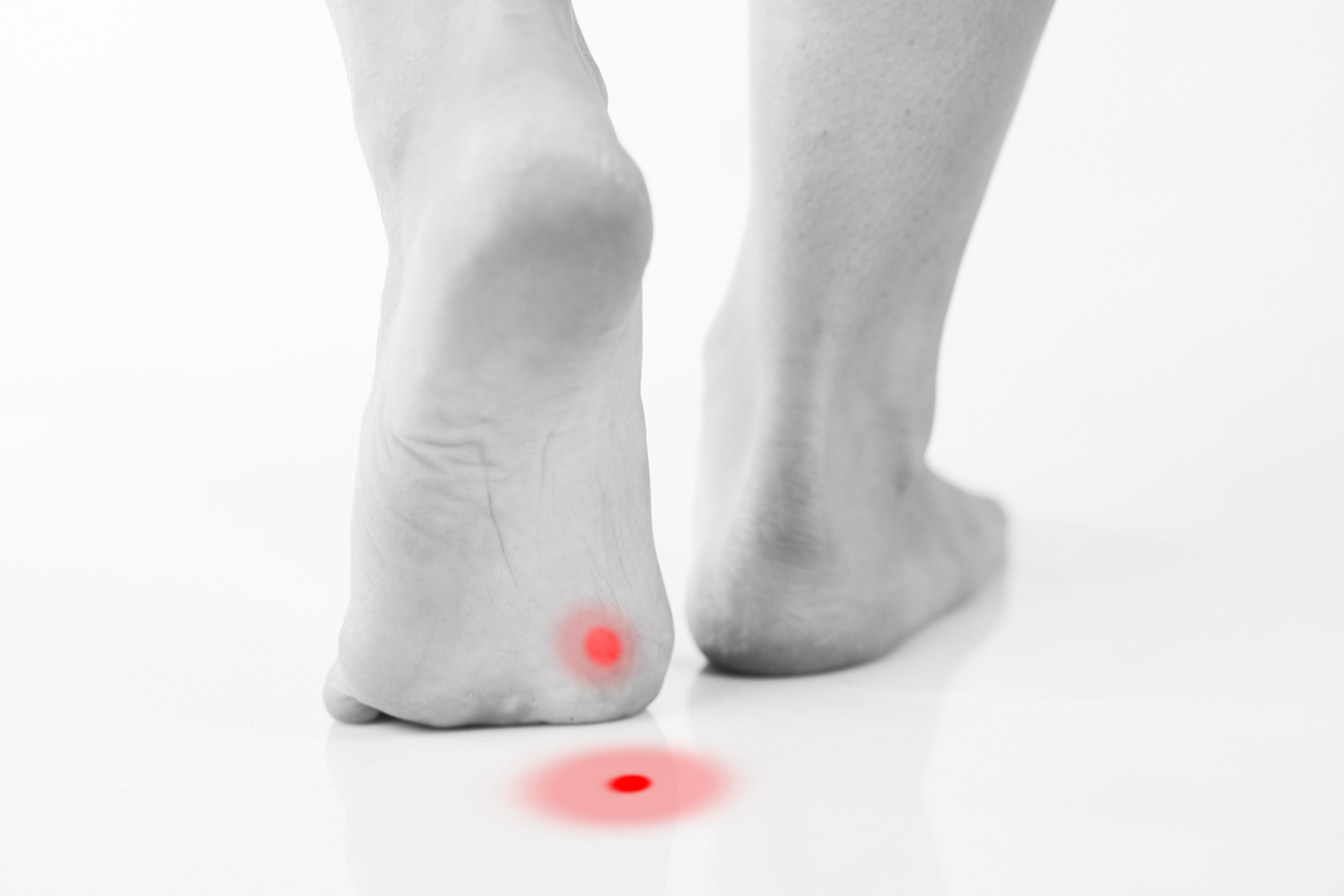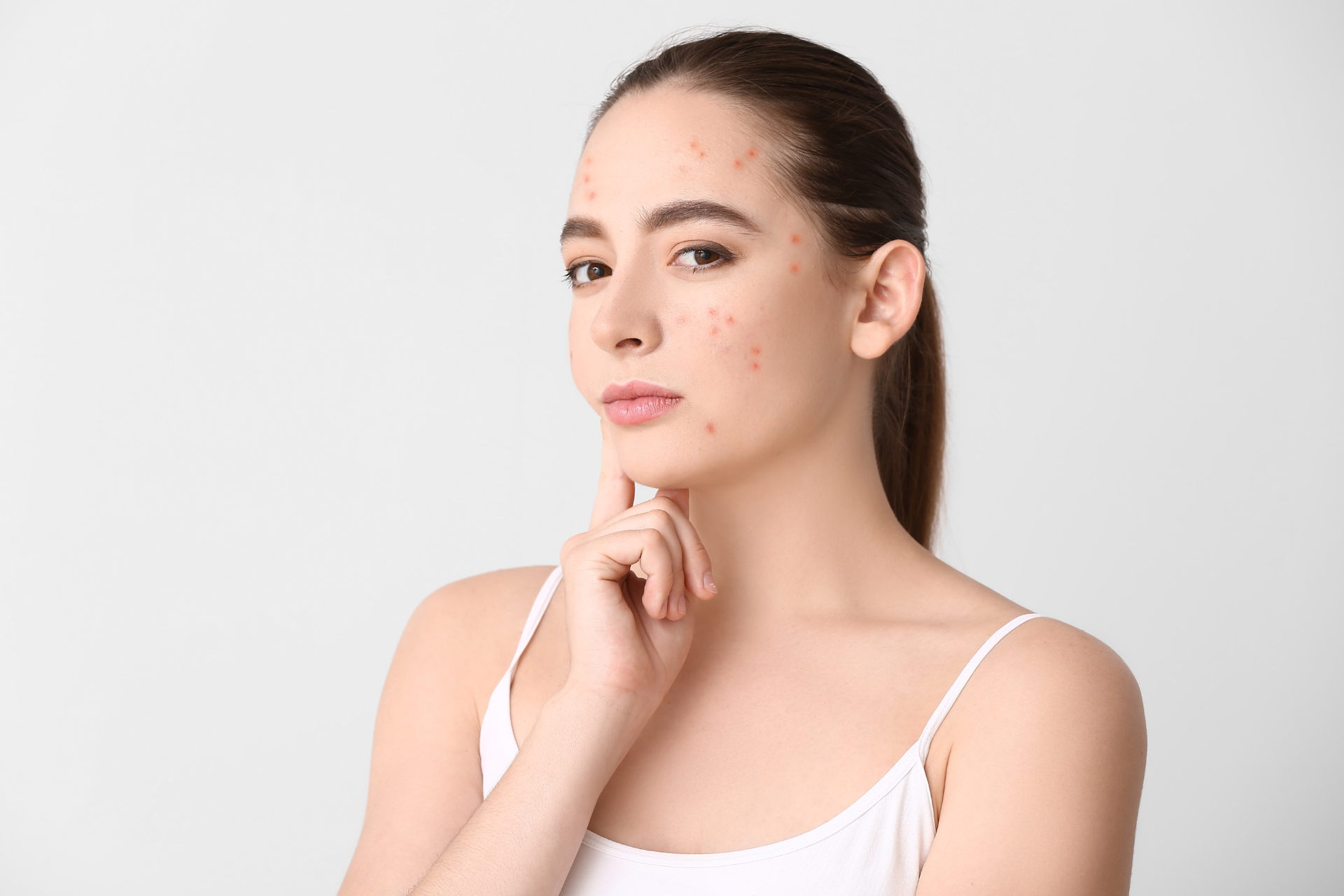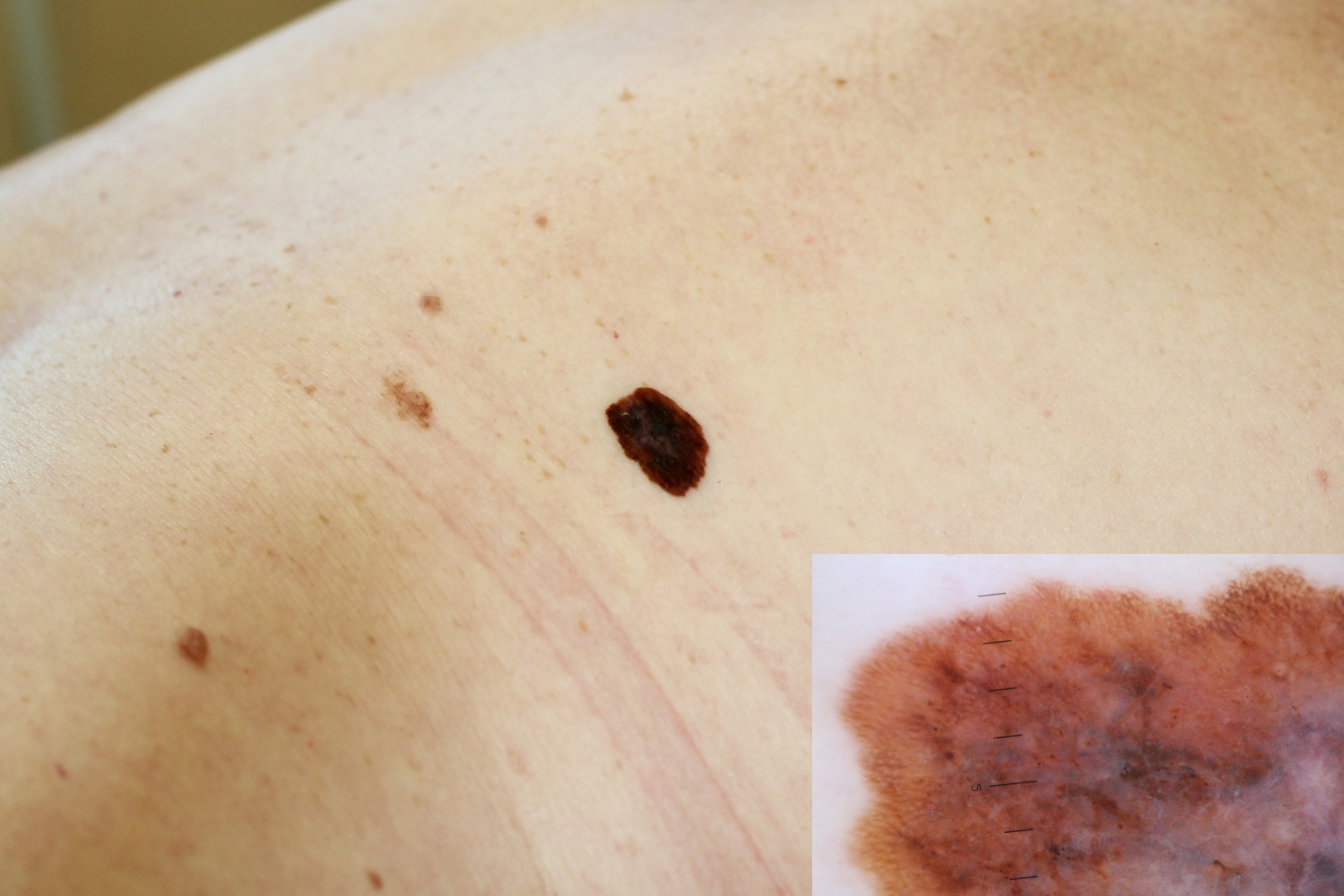Recognizing the Early Signs of Skin Cancer: A Comprehensive Guide

As the largest organ of the human body, the skin plays a crucial role in protecting us from external elements. However, it is also susceptible to various conditions, one of the most serious being skin cancer. Skin cancer is the most common type of cancer worldwide, but when detected early, it is highly treatable. In this comprehensive guide, we will explore the early signs of skin cancer to help you better understand the condition and take proactive steps for early detection and treatment.
Fall Creek Skin and Health Clinic is dedicated to providing comprehensive care for patients of all ages, including the diagnosis and treatment of skin cancer. Our experienced healthcare professionals prioritize early detection and intervention to ensure the best possible outcomes for our patients.
Understanding the Types of Skin Cancer
Skin cancer can manifest in different forms, but the most common types are basal cell carcinoma, squamous cell carcinoma, and melanoma. Basal cell carcinoma typically appears as a pearly or waxy bump, while squamous cell carcinoma may present as a red, scaly patch or a sore that doesn't heal. Melanoma, the most dangerous form of skin cancer, often exhibits irregularly shaped or colored moles.
Recognizing the Early Signs
It is essential to regularly examine your skin for any changes that could indicate the presence of skin cancer. Here are some early signs to watch out for:
1. Changes in the Shape or Color of Moles
Pay attention to moles on your skin and look for any changes in size, shape, or color. If a mole appears asymmetrical, has uneven borders, or displays various colors, consult a healthcare professional for further evaluation.
2. New Growth or Sore
The development of a new growth, sore, or lesion on the skin that does not heal within a few weeks could be a warning sign of skin cancer. Keep an eye on any unusual growths and seek medical advice if necessary.
3. Itching, Bleeding, or Pain
Skin cancer lesions may cause symptoms such as itching, bleeding, or pain. If you experience any of these symptoms, it is important to have them assessed by a dermatologist or healthcare provider.
4. Changes in Skin Texture
Skin cancer can cause changes in the texture of the skin, leading to roughness, scaliness, or crusting. Be mindful of any changes in your skin's texture and consult a healthcare professional if you notice anything unusual.
Prevention and Early Detection
Prevention is key when it comes to skin cancer. Protect your skin from harmful UV radiation by wearing sunscreen, protective clothing, and avoiding prolonged sun exposure, especially during peak hours. Regular self-exams and annual skin checks by a dermatologist are crucial for early detection and prompt treatment of skin cancer.
At Fall Creek Skin and Health Clinic, we offer comprehensive skin cancer screenings and treatment options to help safeguard your skin health. Our team of experienced healthcare providers is dedicated to providing personalized care and education to empower our patients in their skin cancer prevention and management journey.
Take Control of Your Skin Health
Early detection of skin cancer can significantly improve treatment outcomes and increase survival rates. By familiarizing yourself with the early signs of skin cancer and prioritizing regular skin checks, you can take proactive steps to protect your skin health. Remember, prevention is key, and timely intervention can make a life-saving difference.
If you have any concerns about your skin health or notice any worrisome changes, don't hesitate to contact Fall Creek Skin and Health Clinic for expert evaluation and personalized care. Your skin deserves the best care, and we are here to support you every step of the way.
Stay informed, stay vigilant, and prioritize your skin health. Together, we can work towards a future free from the burden of skin cancer.
Remember, your skin is worth protecting. Take charge of your skin health today.



Need Our Services?
Book a free consultation

Our promise is to offer high-quality medical attention at a fair price in a clean, friendly, and professional environment.
QUICK LINKS
BUSINESS HOURS
- Mon - Thu
- -
- Friday
- -
- Saturday
- Appointment Only
- Sunday
- Closed
All Rights Reserved | Fall Creek Skin and Health Clinic |
